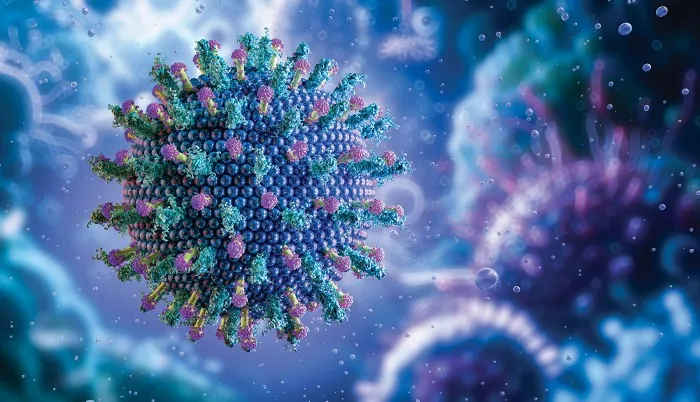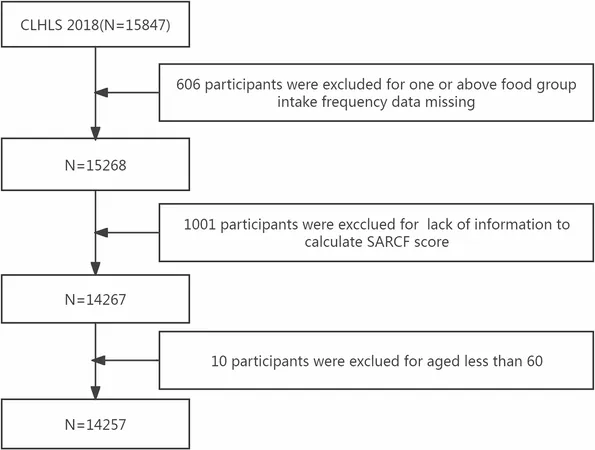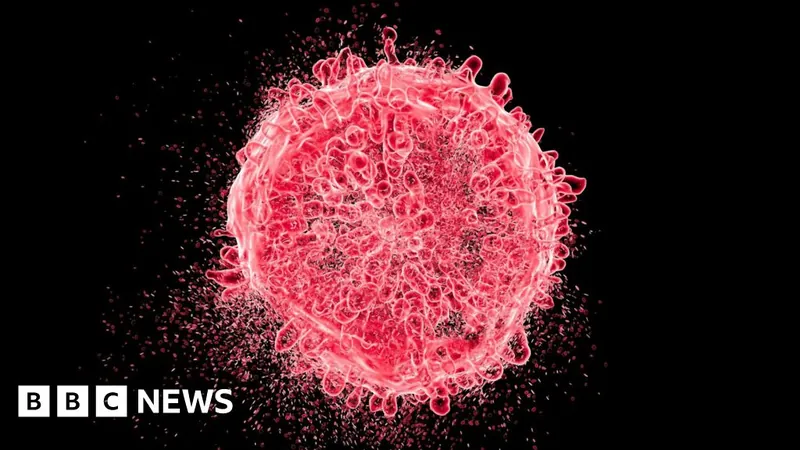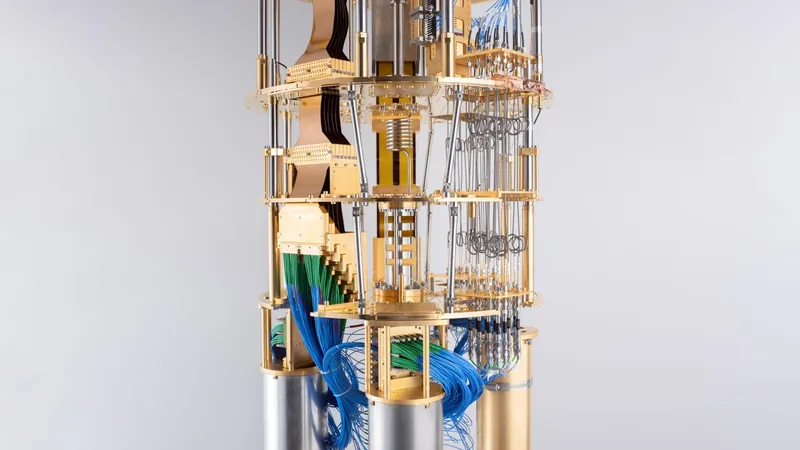
Revolutionary New Bioluminescent Test Detects Viruses with Unmatched Precision
2025-06-06
Author: Rajesh
The pandemic has catalyzed a surge in point-of-care diagnostic tests, but many struggle with accuracy. Acknowledging this, Hadi Shafiee and his team at Harvard Medical School have developed an innovative bioluminescent test that could change the game in viral detection.
This groundbreaking test, leveraging natural bioluminescent proteins such as firefly luciferase, is designed for pinpoint accuracy in detecting viruses like SARS-CoV-2, HIV, and hepatitis B and C from blood serum samples. Unlike existing tests, Shafiee's technology, known as the LUCAS assay, produces signals that are not only stronger but also linger for up to **eight times longer**.
The secret? By introducing an intermediate enzyme called β galactosidase, the team has engineered an enzyme cascade that generates a continuous light signal for over an hour—leading to a staggering **500-fold increase** in signal strength. This improvement addresses a common limitation in bioluminescence, where luciferases often don’t emit enough photons.
In side-by-side comparisons with existing HIV tests, LUCAS achieved an impressive **96% accuracy** even in samples with low viral loads—a significant leap compared to the **74-82%** accuracy of current methods. Speed is another advantage, with results available in under **25 minutes**, even when administered by non-experts.
User-friendliness is a key feature of this technology. The team has created an automated microfluidic cartridge that pairs with a smartphone app, along with an easy-to-use electronic sample reader, with costs estimated at under **$3 for the cartridge** and less than **$90 for the reader**.
Shafiee highlights the potential impact of the LUCAS assay in underserved communities, although he notes the technology is still nascent. Concerns around stability in remote areas are valid, as noted by expert Maarten Merkx from Eindhoven University, who insists that for widespread use, the durability of components must be addressed.
Looking ahead, the research team aims to test the LUCAS assay on other sample types like saliva and urine. If successful, these advancements could simplify testing even further, paving the way for a less invasive and more accessible diagnostic tool—one that could revolutionize how we approach viral detection worldwide.




 Brasil (PT)
Brasil (PT)
 Canada (EN)
Canada (EN)
 Chile (ES)
Chile (ES)
 Česko (CS)
Česko (CS)
 대한민국 (KO)
대한민국 (KO)
 España (ES)
España (ES)
 France (FR)
France (FR)
 Hong Kong (EN)
Hong Kong (EN)
 Italia (IT)
Italia (IT)
 日本 (JA)
日本 (JA)
 Magyarország (HU)
Magyarország (HU)
 Norge (NO)
Norge (NO)
 Polska (PL)
Polska (PL)
 Schweiz (DE)
Schweiz (DE)
 Singapore (EN)
Singapore (EN)
 Sverige (SV)
Sverige (SV)
 Suomi (FI)
Suomi (FI)
 Türkiye (TR)
Türkiye (TR)
 الإمارات العربية المتحدة (AR)
الإمارات العربية المتحدة (AR)